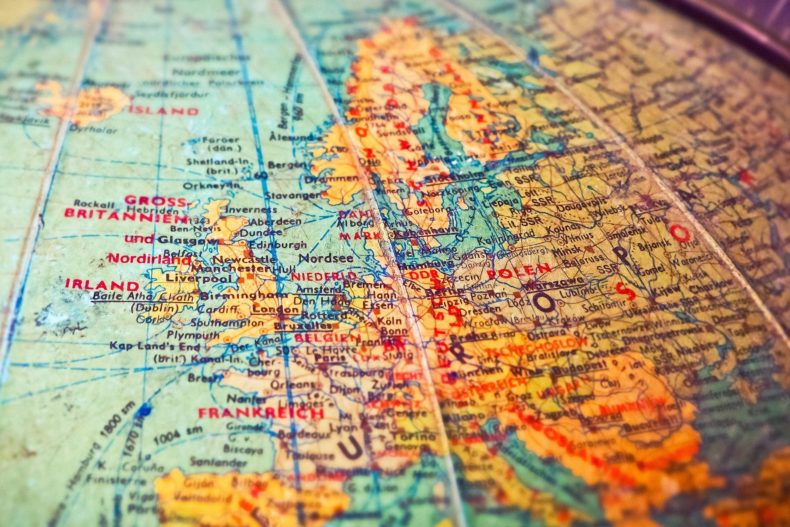PODCAST – The origins and course of pro-Europeanism in the Lib Dems

Image by MichaelGaida from Pixabay.
Why did the Liberal Party become so pro-European and how did that carry over into the Liberal Democrats? That was the topic when I welcomed back Duncan Brack to Never Mind The Bar Charts. We roamed over everything from the creation of the Anti-Corn Law League through to the future for pro-Europeanism in the Lib Dems.
Feedback very welcome, and do share this podcast with others who you think may enjoy it.
Show notes
- Our Jo Grimond episode.
- The motion on Europe passed at the party’s 2020 conference.
- Peace, Reform and Liberation: A History of Liberal Politics in Britain 1679-2011, compiled by Robert Ingham and Duncan Brack.
- Free Trade Nation: Commerce, Consumption, and Civil Society in Modern Britain by Frank Trentmann: Waterstones / Amazon.
- The Liberal Democrat History Group. It’s special journal issue on Europe is available for free.
- Duncan Brack on Twitter.
- Music by Hugo Lee.
- Image by MichaelGaida from Pixabay.
- New to listening to podcasts? Here are some tips on how to listen to podcasts.
Enjoy the show? Spread the word
- Follow the show on Twitter.
- Share the show’s website, www.NeverMindTheBarCharts.com.
Really enjoyed this podcast, but was surprised that the anti-EU attitude of the continuing Liberal party from the merger days was not mentioned.
I really enjoyed that, personally. It was highly informative. One of the few podcasts where I used reply several times very few minutes to catch it all. It added a huge amount of perspective.
One small addition – as I understand it – after decades of pressure one of the proximate triggers of the introduction of the Corn Laws was the famine in Ireland. The abolition of the Corn Laws helped relieve that. The fine detail of that political, social and economic situation is absolutely horrendous, and were some of the pronouncements at the time by senior Anglican clergy / Tory members.
This Irish ./ agriculture aspect is also particularly resonant now in respect of Brexit. Especially given some of the dreadful pronouncements by the now Home Secretary.
The podcast also helped explain why international ‘free trade’ is in the odd position of being a highly progressive measure historically, yet also touted by the Tory and Atlanticist hard-right (eg Fox) as their reason for Brexit. That one wrong-footed me at the time.
It would seem important in the future to emphasise that free trade is great – but we want that to be done in a context that also protects the rights of the workers making the produce; the rights of the consumers purchasing the produce; and the environment in the states at either end of the transactions.